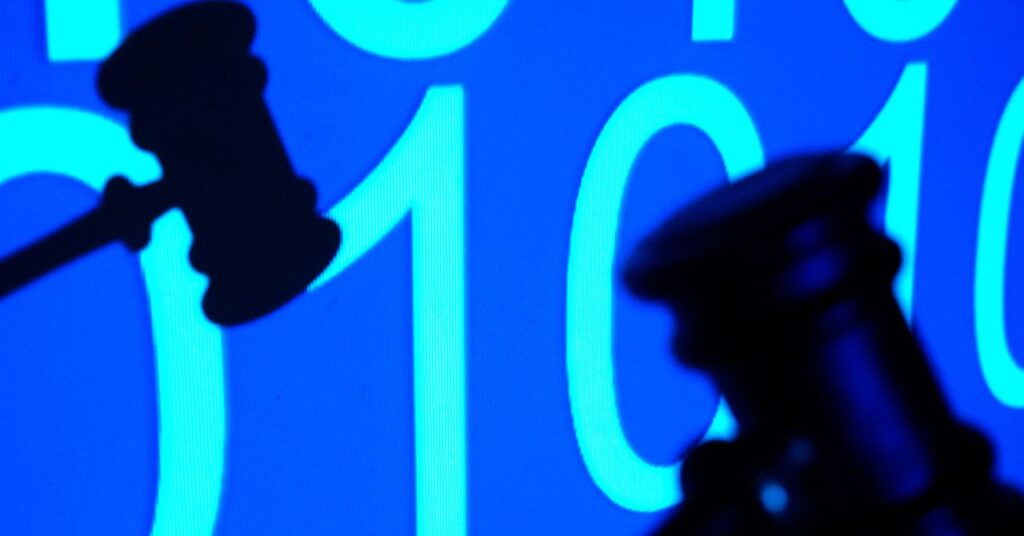Disney and Universal File Lawsuit Against AI Firm Midjourney Over Copyright Violations

Disney and Universal have initiated a lawsuit against Midjourney, claiming that the AI image generation company based in San Francisco is a “bottomless pit of plagiarism” that creates “limitless unauthorized reproductions” of the studios’ intellectual property. Numerous copyright lawsuits against AI entities are currently making their way through the US judicial system—including a class action lawsuit filed by visual artists against Midjourney in 2023—but this marks the first instance where prominent Hollywood studios have entered the legal battle.
The lawsuit presents numerous images that allegedly showcase how Midjourney is capable of generating visuals featuring the studios’ intellectual property. One image illustrates Yoda from Star Wars wielding a lightsaber, reportedly produced by using the prompt “Yoda with lightsaber, IMAX.” Another example claims that the prompt “The Boss Baby” resulted in an image of an animated child in a tuxedo that closely imitates the protagonist of Universal’s The Boss Baby franchise.
“This is a highly significant development,” comments IP attorney Chad Hummel, who considers the collection of images in the complaint as strong evidence that “the output is not sufficiently transformative.” Most AI companies embroiled in legal disputes have defended themselves under the “fair use” doctrine, which permits the use of copyrighted works under specific conditions; one central question courts consider is whether the new work is “transformative,” or adds a new meaning or message during fair use evaluations.
Matthew Sag, a law and artificial intelligence professor at Emory University, suggests that Midjourney may find it more challenging to argue a fair use case compared to previous AI defendants.
“What sets this apart is that Disney directly critiques the model’s output. It’s not just selecting a few examples to demonstrate that the model was trained on its works,” he remarks. “It will be quite tough for a court or jury to agree that it is transformative to take 1,000 images of Darth Vader and create even more images of him.
The complaint claims that Disney and Universal requested Midjourney to “implement technological measures” to stop its image generation tools from creating infringing content, but that the company “ignored” these requests. Furthermore, it alleges that Midjourney “cleaned” versions of Universal and Disney’s creations during the training phase, which “necessarily included producing additional copies of the materials.” Midjourney did not respond promptly to requests for comment.
“We are enthusiastic about the potential of AI technology and hopeful regarding its responsible use as a tool to enhance human creativity,” stated Disney general counsel Horacio Gutierrez. “However, piracy is piracy, and the fact that it is conducted by an AI company does not diminish its infringing nature.”
Midjourney, similar to many generative AI startups, developed its tools by scraping the internet to compile extensive image datasets rather than acquiring specific licenses. In a 2022 interview with Forbes, CEO David Holz candidly discussed this process. “It’s simply a large scrape of the internet. We utilize publicly available open datasets and train across them,” he explained. “There’s not really a method to obtain a hundred million images while knowing their sources. It would be beneficial if images could somehow have metadata embedded regarding the copyright owner. But that’s not currently feasible; there’s no registry.”
